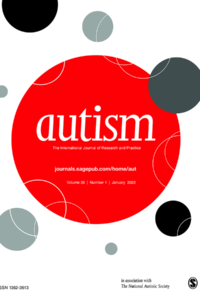Prior research suggests that autistic adults are at increased risk for developing the core motor components of Parkinson’s disease (i.e. parkinsonism) although knowledge is limited to date. Therefore, we explore: (1) the prevalence of both continuous self-reported motor features typical of parkinsonism and the screen positivity rate for parkinsonism in two samples of older autistic adults without a suspected intellectual disability: the Netherlands-Sample (N = 296, 50–81 years; 183 males; 113 females) and the United States of America-Sample (N = 209, 50–83 years; 100 males; 109 females), and (2) whether there are differences between those who Screen+ versus Screen− for parkinsonism. Within the Netherlands-Sample only, the age of onset of the motor features was investigated. Self-reported parkinsonism features were prevalent in both samples (the Netherlands-Sample ~17% screened positive, mean age of onset ranging from 35.9 to 50.4 years; the United States of America-Sample ~33% screened positive). Autistic adults (the Netherlands-Sample) screening positive encountered more health problems than those who screened negative. In both samples, autistic adults who screened positive did not differ on current antipsychotic medication use relative to those who screened negative. The next step is to determine whether a positive screen for parkinsonism on this self-report questionnaire also implies that there is a higher risk for idiopathic Parkinson’s disease.
Self-Reported Parkinsonism Features in Older Autistic Adults
A Descriptive Study



